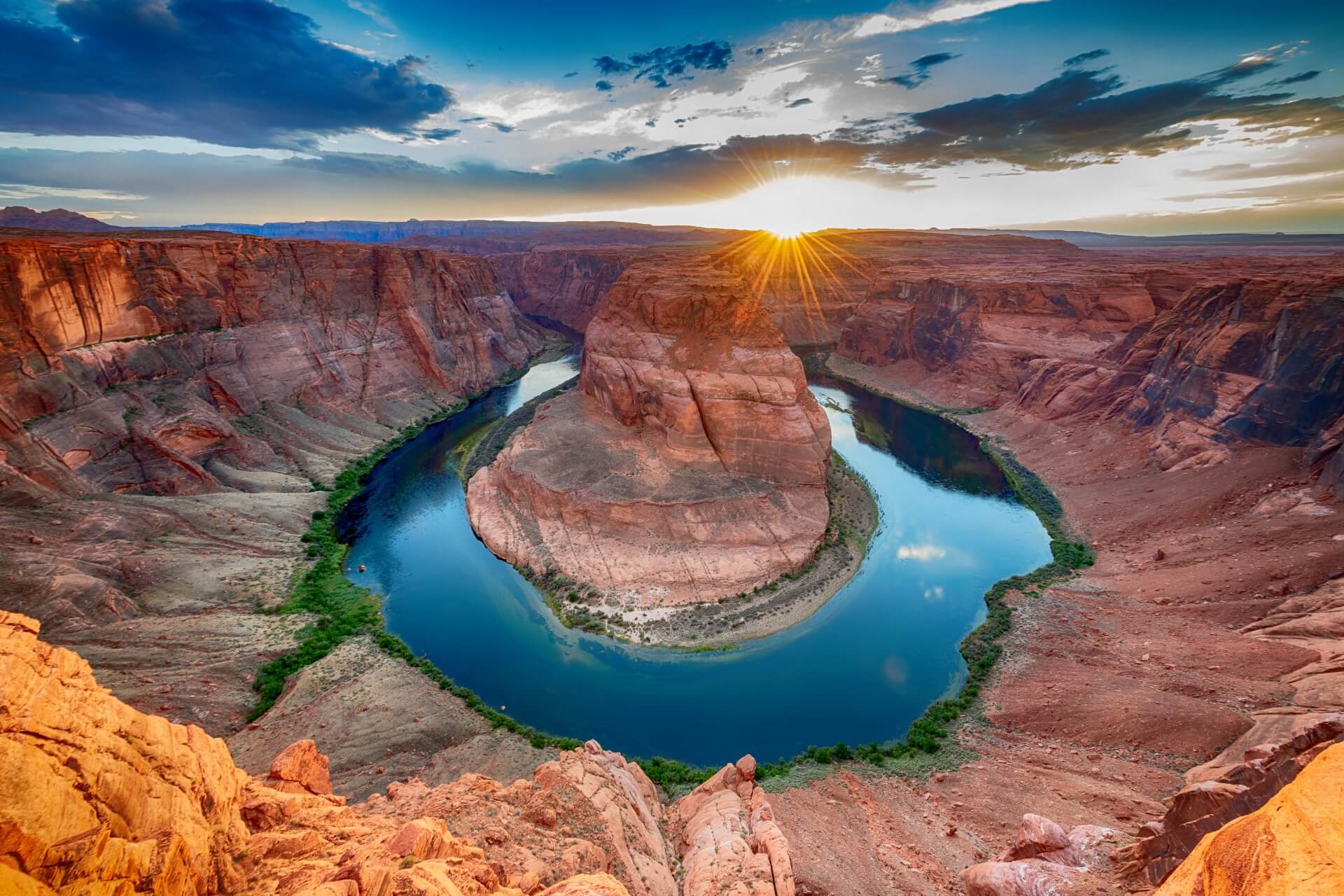Changes Proposed for Land and Water Conservation Fund
An executive order avoids diverting LWCF funds but other threats remain.

In June we began tracking proposed changes to the Land and Water Conservation Fund (LWCF).
As a refresher, the LWCF is the single most important source of funding for conservation projects in the US. The money largely goes to land acquisitions that, at the state level, create new parks and open space and, at the federal level, expand our public lands.
It was set up by Congress to take some of the proceeds from offshore oil and gas royalties and put it back into conservation. In 2020, Congress permanently funded the LWCF at $900 million / year.
In our tracker, we initially titled the entry: Defunding of the LWCF. This is because the administration had proposed diverting $387 million of funding from the LWCF to use for other purposes.
But a federal order issued by the Department of the Interior on September 4 shows the administration’s shifting strategy with the LWCF.
The order makes no mention of the diversion of funding. It appears that the administration has abandoned this idea for now.
This is a bit of a surprise. It was reported by the Washington Post in August that this forthcoming order would include language diverting LWCF funds. However, key Republican senators have recently made public statements in defense of the LWCF. The fund enjoys broad bipartisan support. Perhaps this is what prompted the administration to change course for now.
Instead the administration is pursuing other strategies to subvert the LWCF. The Department of Interior’s order contains several problematic directives.
First, it restricts new land acquisitions for the Bureau of Land Management. This will mean fewer potential projects.
Second, the order requires that the state governor and local government leadership sign off on any acquisition projects. This adds hurdles to already complex acquisitions. And it will also likely reduce the number of completed projects.
Lastly, the order authorizes state recipients of LWCF funding to purchase federal surplus property. It is unclear how this will be implemented. But it appears to open the possibility for back door public land sales.